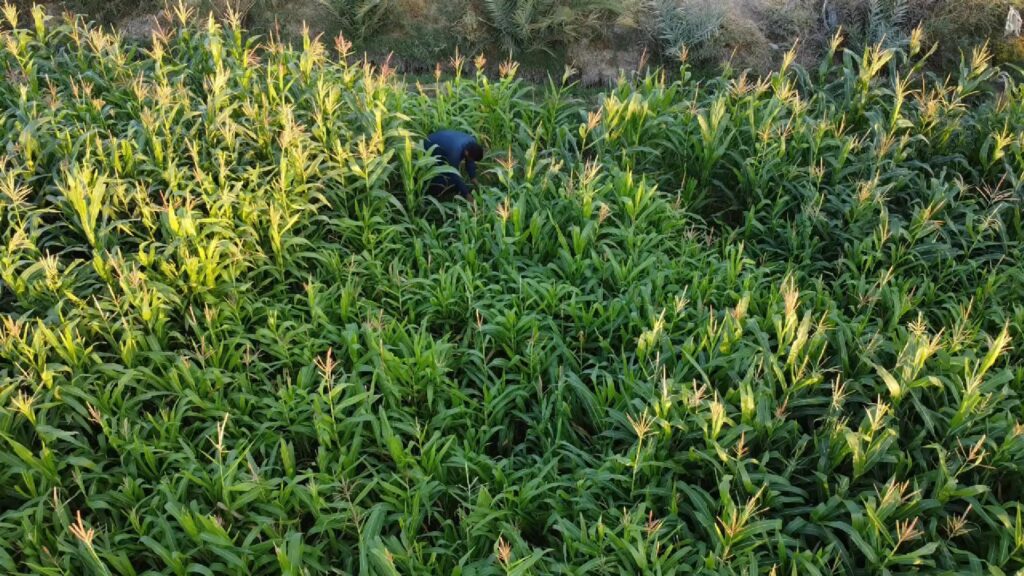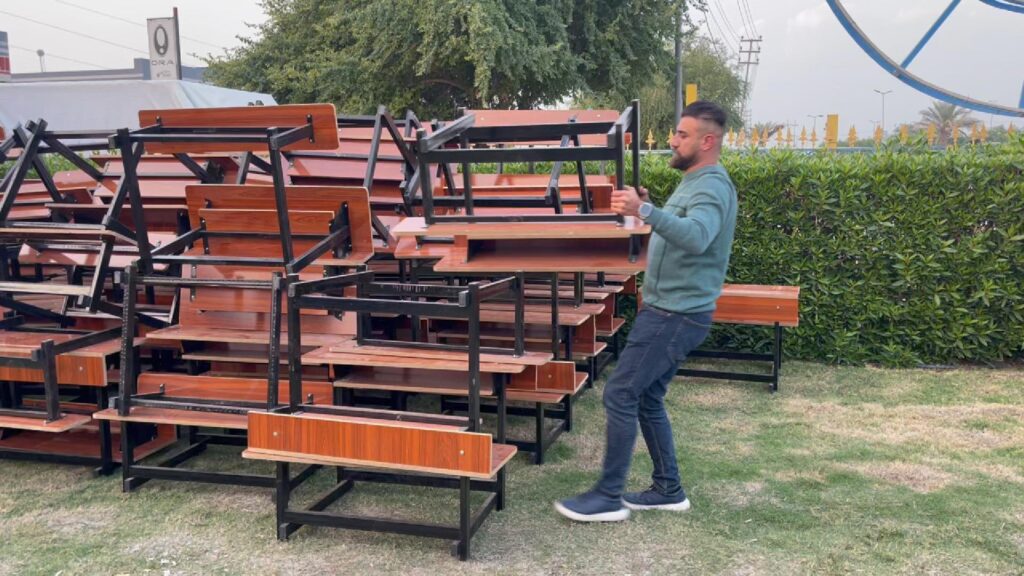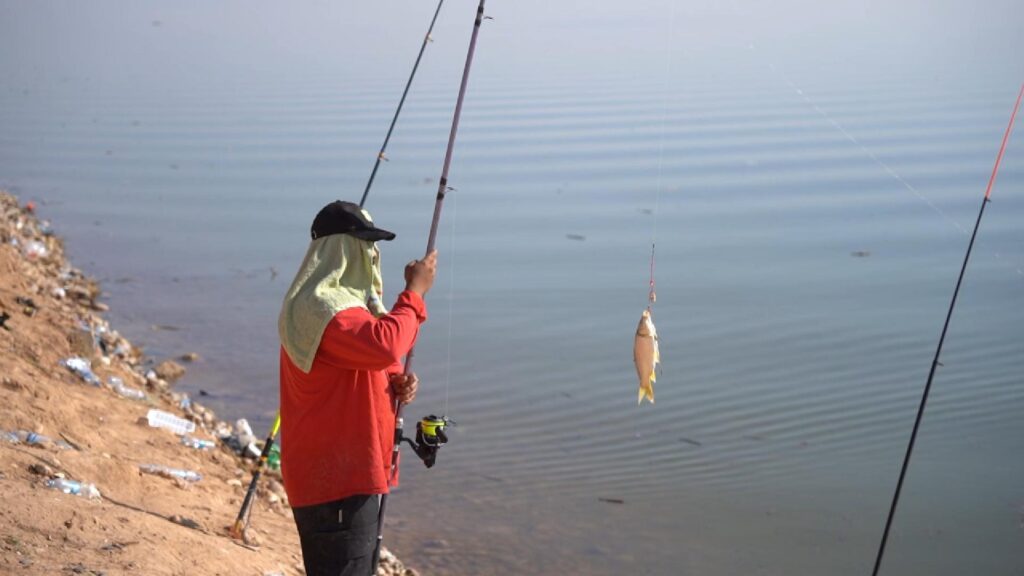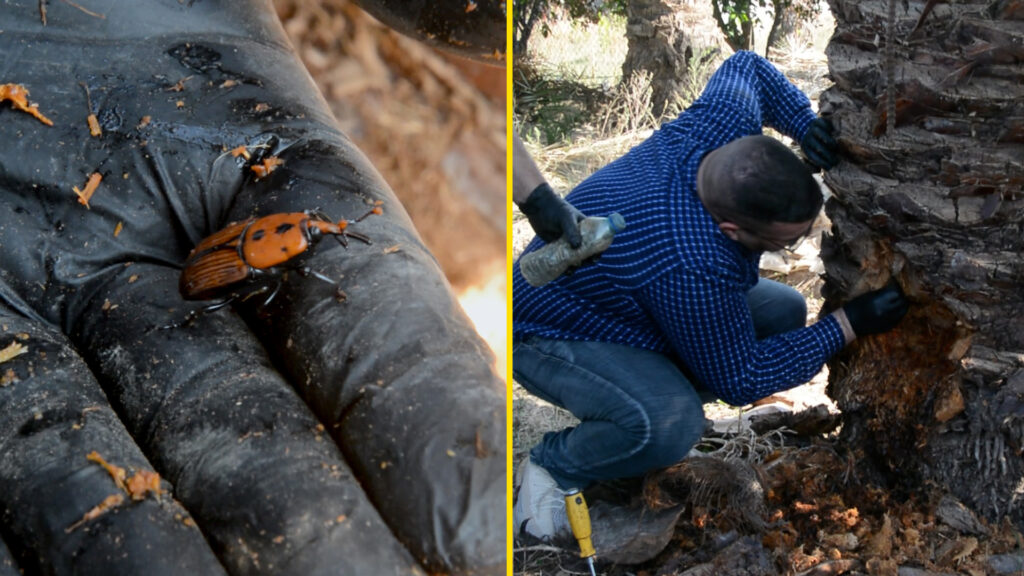Denmark withdraws troops from Syria, Iraq to combat threats in home's 'immediate vicinity'

Danish Armed Forces under the command of NATO Mission Iraq and Syria who participated in countering the Islamic State of Iraq and the Levant [ISIL; Arabic acronym Daesh or ISIS] and other terrorism threats in close proximity to the countries' borders have decided to finally withdraw, the Danish Defense Ministry said in an official statement on Saturday. Denmark is ready to pull out all its soldiers that were stationed in Iraq and Syria as their military contribution to combating ISIS "is no longer needed," Danish Defense Ministry said in a statement. It informed that the insurgent group operating primarily in western Iraq and eastern Syria since June 2014 has been weakened.
US-led Coalition-backed Syrian Democratic Forces Alliance controls a large swath of territory in Syria captured from ISIS. Denmark forces, who train the Iraqi forces there, have brought transport and fighter aircraft, as well as the special operations forces as part of the coalition mission.
Danish Troops to counter threats in 'immediate vicinity': MoD
Danish military forces will head home to counter threats in the country's "immediate vicinity" after being deployed in the two conflict-ridden Mideast countries since 2016, the Defense Ministry's statement read. It noted that the unit being withdrawn specialised in the air defense field. Nordic NATO-member military personnel also trained the Iraqi security forces to counter Daesh's assaults.
Denmark announced the initial withdrawal of 130 troops after Iran launched a military operation code-named Operation Martyr Soleimani named after Qassem Suleimani, the 62-year-old head of Iran’s Quds Force who was assassinated on the orders of the former US President Donald Trump's administration. Iran's Islamic Revolutionary Guard Corps launched over 12 ballistic missiles at the Ayn al-Asad airbase on Jan. 8, coercing Danish soldiers to evacuate over security concerns.
"Now we are withdrawing the unit to Denmark, partly because the number of the Islamic State [in Syria and Iraq] has been so reduced that there is no equal need for our contribution, and partly because we need to restore combat power for countering the threats that we see in our immediate vicinity," the Danish military's statement published on April 22, read.
Denmark's presence under NATO command in Syria, Iraq
NATO member state Denmark is a part of the US-led operation “Inherent Resolve” against Islamic State [IS] and has ground troops operating in Iraq since 2016. The Danish government also deployed "special forces" at the Al Asad air base in Iraq to counter IS assaults and wipe out its strongholds. They operated close to the Iraqi border and also brought a frigate on a joint operation with a US aircraft carrier during their seven-year deployment on Syrian soil.
Danish frigate Niels Juel joined Task Group 441.01 for the next three months as part of NATO’s Very High Readiness Joint Task Force (VJTF). Credit: Denmark at NATO
In January, last year, a US war vessel carrying an estimated 600 pieces of military equipment docked in Denmark as part of Operation Atlantic Resolve, to bolster NATO's eastern flank and enhance the coalition's military readiness. Danish F-16 multirole stealth fighter jets were also involved in heavy bombardment of Raqqa, the self-declared caliphate of the Islamic State as they marked the entry into the Syrian conflict with the US-led coalition in Sept. 2014. Denmark also boasts a naval contribution to an EU-led naval mission in the Strait of Hormuz, an approximately 30 miles-wide channel between the Omani Musandam Peninsula and Iran which is the largest global energy supply route.
Turkish military convoy drives through the village of Binnish, in Idlib province, Syria. Credit: AP
Turkish tanks and troops are deployed near the Syrian town of Manbij, Syria. Credit: AP
The Syrian conflict is a multisided war with Aleppo hosting Syrian forces that are pro-incumbent Bashar al-Assad's regime. They are supported by Kremlin-backed mercenaries PMC Wagner, directly involved militarily with heavy deployment on the borders of the former Soviet Union. Turkey also has a troop presence in Syria over political tensions linked to the Euphrates-Tigris basin that it shares with Syria. Basin flows to the Shatt al-Arab basin in southern Iraq.
Turkish forces launch major military incursions in Syria and Iraq to fight the Kurdish forces, whom Ankara's President Recep Tayyip Erdogan labels a national security threat and holds responsible for failed 2016 coup. Kurdish fighters are backed by the US-led coalition in its fight against ISIS with the help of the SDF viewed as the secessionist force and Trojan horse for American troops in Syria.






